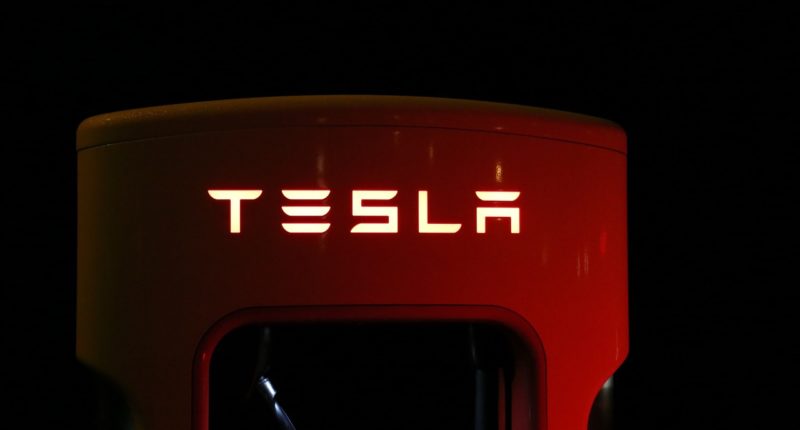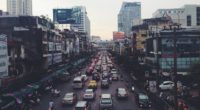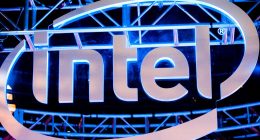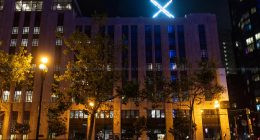For a company like Tesla Motors that takes pride in its self-driving abilities and high tech hardware/software combo, one would expect that it will be positioned as the best in the segment. However, turns out it isn’t so, as the company has been ranked a lowly 6th out of 10 driving assistance systems tested at a European safety assessment conducted jointly by European New Car Assessment Program (NCAP) and UK insurance group Thatcham Research.
In the assessment, the Tesla Model 3 was tested for its self-driving abilities. Even though it scored the highest in performance and its response to emergency situations, the Tesla Autopilot received a dismal rating of 36 in driver engagement, which means it is poor in maintaining a driver’s focus on the road. Overall, it scored 131 with a ‘moderate rating’ which ranks it sixth on the chart.
Mercedes, a company which has been developing autonomous cars since the 1980s, topped the ranks with a score of 174 and a ‘very good’ rating for its Mercedes GLE. It received a sublime 85 in driver engagement, much more than what Tesla got. Mercedes is followed by BMW 3-Series and the Audi VOWG_p.DE Q8, both with the highest rating of ‘very good’ as well. Renault Clio and the Peugeot were placed at the rock bottom of the rankings with the lowest rating of ‘entry’.
According to NCAP, the assessment gave the first consumer ratings for driver assistance systems, which include autonomous acceleration, braking and steering.
Matthew Avery, a Euro NCAP board member and research director at Thatcham Research, said, “Unfortunately, there are motorists that believe they can purchase a self-driving car today. This is a dangerous misconception that sees too much control handed to vehicles that are not ready to cope with all situations”.
Matthew points out the major drawbacks that self-driving vehicles carry today. And it is true that autonomous cars are still not 100% safe, contrary to what the motor companies make us believe. The U.S. National Transportation Safety Board has continuously criticized Tesla for allowing its drivers’ to divert their attention from the roads through its autopilot service. Since 2016, close to 15 crashes caused by Tesla’s autopilot have been investigated by US regulators. It is difficult to say how much difference these rankings will make, but it will definitely open your eyes to the fact that Tesla’s autonomous driving is not completely ‘autonomous’ yet.





